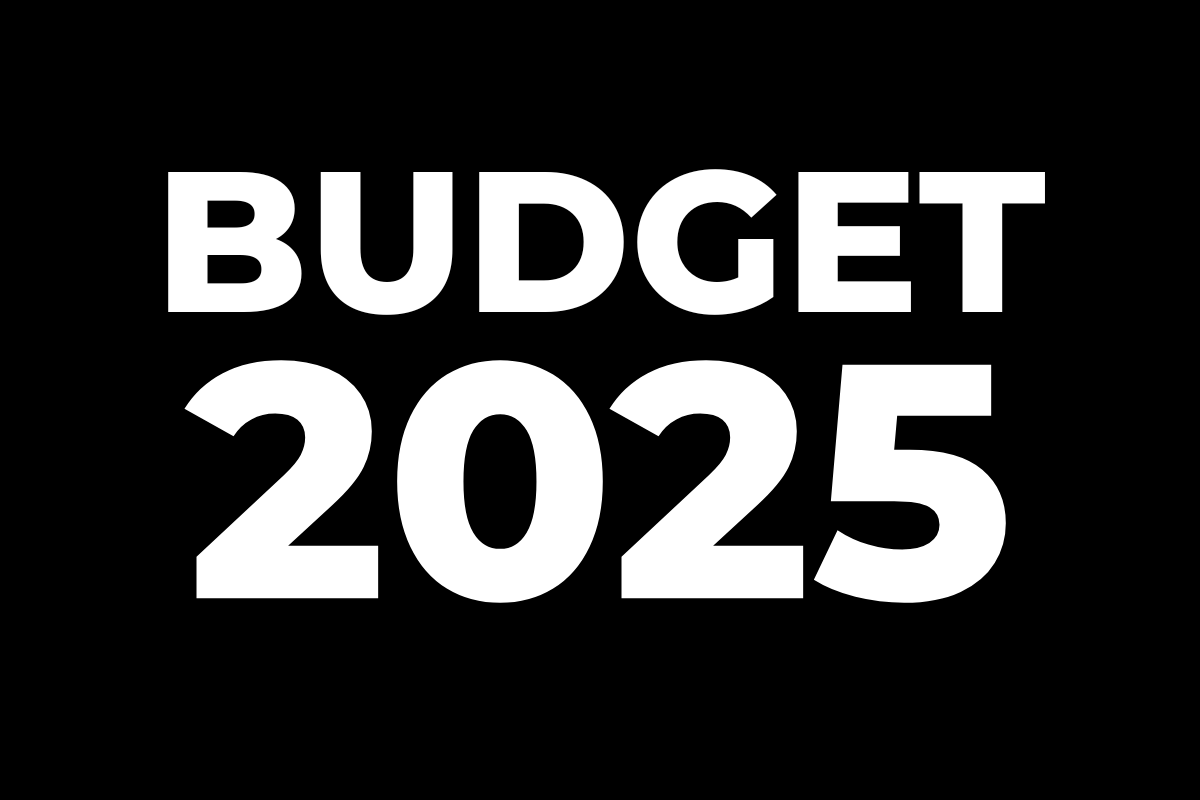On 23 May 2025, Finance Minister Nicola Willis delivered a Budget focused on economic recovery, productivity, and future-focused investment. Framed as a “responsible budget to secure New Zealand’s future,” the announcements aim to help the country bounce back from recession while setting the stage for long-term growth.
So what does Budget 2025 mean for your small business? Let’s break down the key takeaways and opportunities.
Economic Outlook: A Brighter Road Ahead
The Government is projecting real GDP growth of 2.9%, with expectations of more jobs, higher wages, and better opportunities for Kiwi families and businesses. While cautious, the outlook signals a gradual economic recovery and renewed optimism for New Zealand’s financial future.
Introducing ‘Investment Boost’ – A Game-Changer for SMEs
One of the most talked-about Budget initiatives is the new Investment Boost scheme, which offers an immediate 20% tax deduction for businesses purchasing new capital assets.
What qualifies?
- New machinery, equipment, vehicles, or technology
- New commercial or industrial buildings
- Imported assets not previously used in NZ
- Assets also eligible for R&D tax credits
How it works:
In the year of purchase, businesses can claim 20% of the asset’s cost on top of normal depreciation — significantly improving cash flow and reducing tax.
Tax Impact Example:
- Cost of new equipment: $10,000
- Immediate deduction: $2,000 (Investment Boost)
- Remaining depreciable value: $8,000 (standard depreciation applies)
If your business has $60,000 taxable income, the $2,000 deduction reduces it to $58,000 — giving you an immediate tax saving (at 28% company tax rate, that’s $560 saved in year 1).
Strategies for SMEs to Consider:
- Bring forward planned asset purchases
- Revisit capital improvement plans
- Review cash flow projections with your accountant
- Prioritise qualifying building or infrastructure upgrades
- Consider eligible imports or property investments
Important: This scheme is designed to stimulate investment, not justify unnecessary spending. Don’t invest $1 just to save 28c in tax.
KiwiSaver Changes: Planning Ahead is Key
Big changes are coming to KiwiSaver, affecting employees, employers, and high-income earners. Key Changes are:
Contribution Rate Increases:
Employer and employee default rates will rise gradually from 3% to 4%.
- 3.5% from 1 April 2026
- 4% from 1 April 2028
Employees can opt to remain at 3% temporarily.
Youth Contributions:
Employer contributions will be extended to 16–17-year-olds from 1 April 2026.
Government Contributions:
From 1 July 2025:
- The max government contribution is halved to $260.72
- Those earning over $180,000 will no longer receive the government top-up
Employer Tip: Budget now for increased contributions in future payroll costs, especially if you employ younger staff.
Infrastructure Investment = Opportunity
The Government is injecting billions into NZ infrastructure, including:
- $1B for hospitals and health facilities
- $700M+ for schools
- $2.7B for defence capability upgrades
- $460M+ for rail network improvements
This capital investment is expected to open up project work, tenders, and long-term contracts, particularly for contractors, suppliers, and businesses in construction, logistics, and technology.
Other Key Updates
Working for Families & Best Start Tax Credits
- From 1 April 2026, thresholds and abatement rates will change to better target support.
- Best Start payments will be income-tested for all years for children born after 1 April 2026.
Foreign Investment Encouragement
- $65M has been allocated to attract foreign investment in NZ infrastructure.
- Establishment of Invest New Zealand as a central hub for foreign investors.
Science & Innovation
- Funding for Crown research reform, gene technology regulation, and support for the Elevate NZ Venture Fund, encouraging VC investment in Kiwi tech startups.
Inland Revenue Compliance Funding
- An extra $35M per year has been allocated to boost tax compliance, with $280M in projected revenue. Businesses should ensure their tax affairs are in order.
Final Thoughts: What Should You Do Next?
Thinking of investing? Talk to us about whether your planned purchases could qualify for the 20% Investment Boost.
Worried about KiwiSaver costs? Let’s look at cash flow planning and options available to you as the contribution rates change.
Contracting or infrastructure-focused? Stay alert for upcoming Government tenders and opportunities.
Let’s Talk Budget 2025
Have questions about how the Budget affects your business? Get in touch — we can help you make informed decisions, claim every eligible deduction, and plan for the future.


